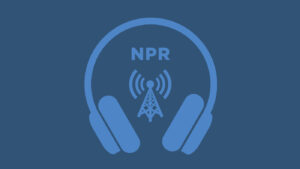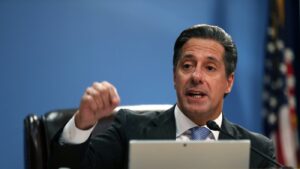Princeton Joins Ivy League Institutions Facing Federal Funding Cuts
Last week, Princeton University became the latest Ivy League school to experience a reduction in federal funding under the Trump administration. This decision follows similar actions taken against Harvard and Columbia, where the administration cited failures in combating antisemitism. Additionally, the University of Pennsylvania saw its funds halted due to allowing a transgender athlete on its women’s swim team.
To delve deeper into the impact of these federal funding cuts, we reached out to Christopher Eisgruber, the president of Princeton University.
CHRISTOPHER EISGRUBER: “Well, pleasure to be here.”
Christopher Eisgruber has described the funding freeze as “the greatest threat to American universities since the Red Scare,” highlighting its ominous nature. When asked why, he explained that the longstanding collaboration between government and universities has been pivotal since World War II, especially in advancing science and engineering. He emphasized that this partnership has strengthened the nation and made American universities world leaders.
According to Eisgruber, the situation at Columbia, where federal funding was threatened unless specific changes were made, exemplifies a significant threat to academic freedom. The potential manipulation of academic pursuits by the government through funding leverage could severely impact the quality and independence of research at American universities.
Despite Columbia’s recent concessions, including placing its Middle East Studies Department under administrative oversight, Eisgruber insists Princeton will remain steadfast in its values. The university is committed to defending academic freedom without compromise.
When discussing the potential impact on Princeton, Eisgruber highlighted that federal funds are crucial for advancing research in areas like machine learning, quantum science, and fusion—priorities shared by both Princeton and the U.S. government. Disruptions in this funding could impair the university’s ability to contribute to these critical fields.
Eisgruber also expressed concern about the uncertainty these cuts create for students and young researchers. He fears that this unpredictability might deter future talent from pursuing careers in vital research areas, disrupting the talent pipeline essential to U.S. leadership in global research.
When questioned about the Trump administration’s expectations for Princeton, Eisgruber confirmed that no specific change requests have been communicated thus far. He reiterated that the situation at Columbia, where specific demands were made, poses a direct threat to academic freedom.
Addressing the misconception that Ivy League schools can simply rely on their substantial endowments, Eisgruber clarified that Princeton spends over 5% of its endowment annually to support research, faculty salaries, and student financial aid. While short-term funding gaps might be manageable, prolonged cuts would necessitate difficult choices, potentially affecting research and educational accessibility.
On the topic of standing alone in his stance, Eisgruber noted that while not all universities have publicly echoed his sentiments, there are signs of growing support. The Association of American Universities, which Eisgruber chairs, has recently issued a statement affirming its commitment to academic freedom and the challenges posed by funding withdrawals.
Christopher Eisgruber, president of Princeton University, remains resolute in advocating for the university’s principles amidst these challenges.






